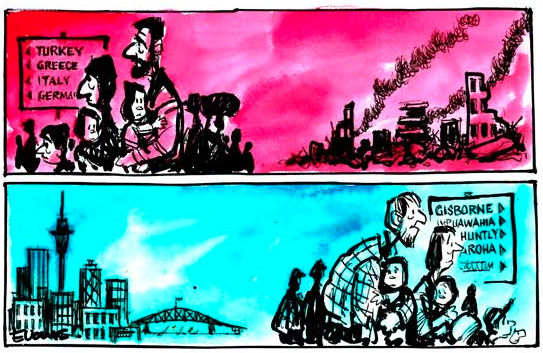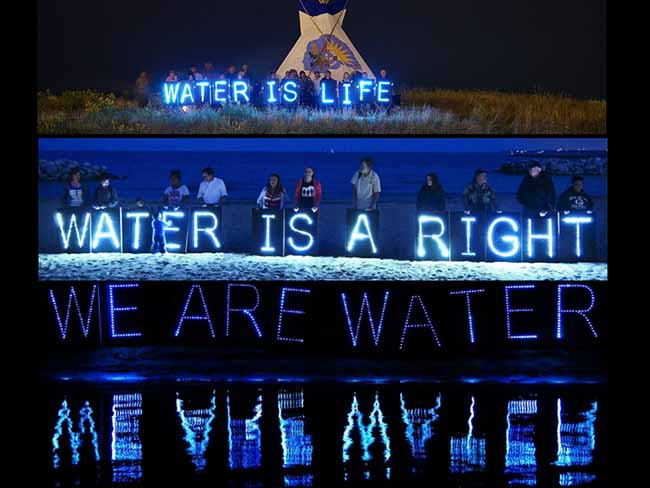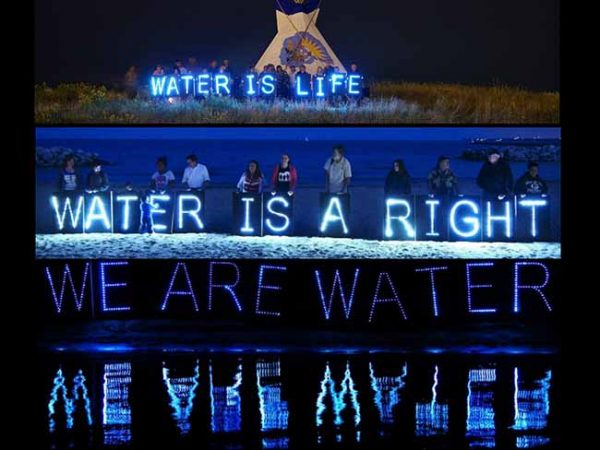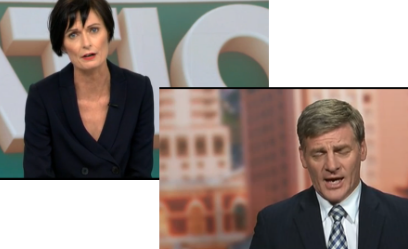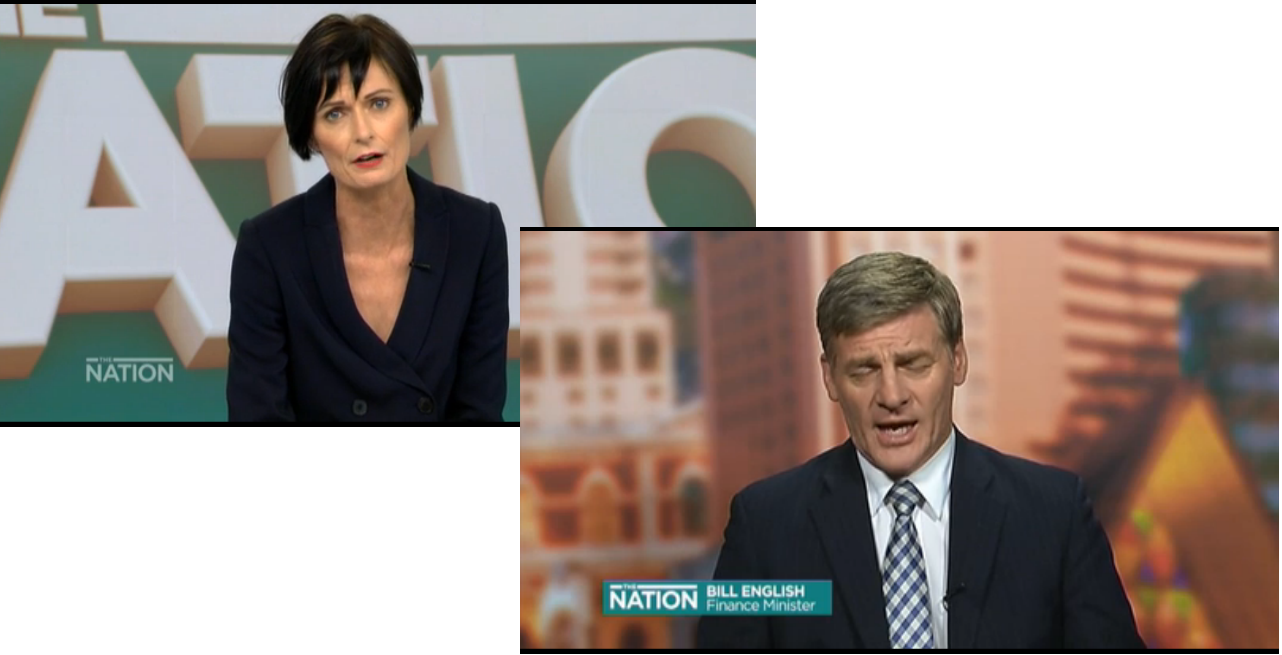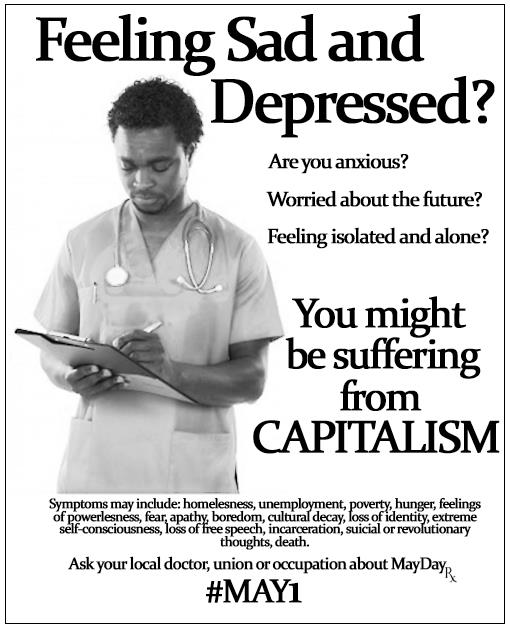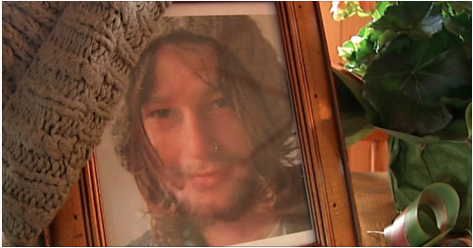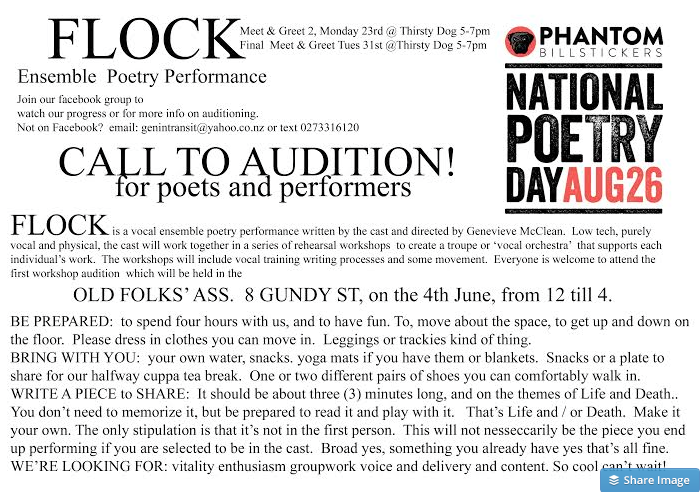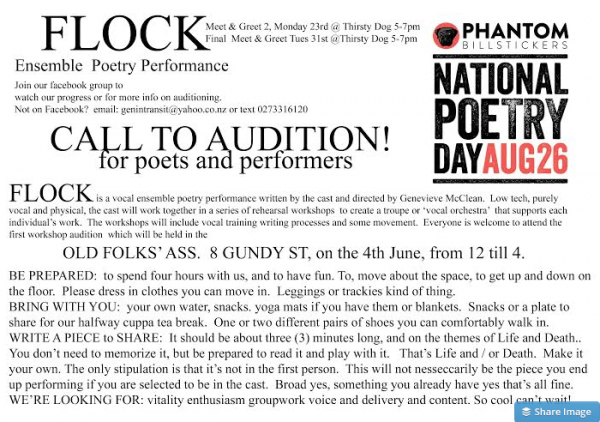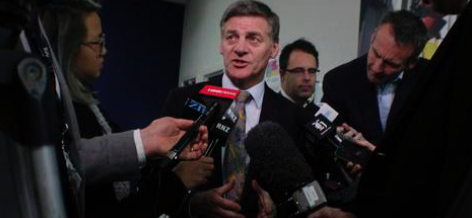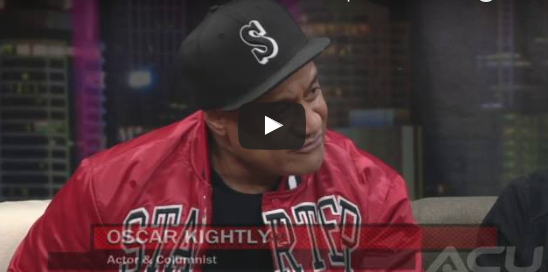
On 4 May, the eve of this year’s Holocaust Remembrance Day, Israeli Deputy Chief of Staff, Maj. Gen. Yair Golan, delivered a public address at the Massuah Institute for Holocaust Studies, comparing the political situation in Israel and the events that led to the ending of the Weimar Republic and the Nazi takeover of power.
The Zionist Jewish Virtual Library describes Zionist ideology as “the national movement for the return of the Jewish people to their homeland and the resumption of Jewish sovereignty in the Land of Israel [emphasis added]”. It also quotes the German/Jewish scholar of totalitarianism, Hannah Arendt‘s, expression of the Zionist belief that:
“Palestine [emphasis added] was conceived as the place, the only place, where Jews could escape: from Jew-hatred … At the core of this hope … we find the old mentality of enslaved peoples, the belief that it does not pay to fight back, that we must dodge and escape in order to survive.”
The Jewish Virtual Library’s definition of Zionism begins by describing the Palestinian people’s homeland as “the Land of Israel”. On the other hand, Hannah Arendt recognises Palestine as the land Zionism intends to colonise. Missing in Zionism’s demand for a state exclusive to one people is any feeling or respect for the rights of the indigenous people to self-determination.
On 21 June 1933, the Zionist Federation of Germany sent a memorandum to the Nazi Party that contains the following insight into Zionist psychology:
“On the foundation of the new [Nazi German] state, which has established the principle of race, we wish so to fit our community into the total structure so that for us too, in the sphere assigned to us, fruitful activity for the Fatherland is possible… Our acknowledgment of Jewish nationality provides for a clear and sincere relationship to the German people and its national and racial realities. Precisely because we do not wish to falsify these fundamentals, because we, too, are against mixed marriage and are for maintaining the purity of the Jewish group…” (Lucy Dawidowicz (ed.), A Holocaust Reader, pp. 150-155.)
The provisions of the Fourth Geneva Convention reflect a global consensus concerning human rights and the need to eliminate discrimination and racism. But for Zionists, it seems, the solution to ‘Jew hatred’ depends upon the dispossession of the Palestinian population who had nothing to do with European persecution of the Jews. The forcing of Palestinians from their homes and into refugee camps, as well as the denial of their right of return, are done in the name of Jewish people worldwide, many of whom nevertheless say “not in my name”.
In an interview with International Clearing House journalist, Silvia Cattori, on 11 January 2008, with Holocaust survivor, Hedy Epstein, whose parents perished at Auschwitz in 1942, noted that:
“Israel would not be able to carry out its crimes against humanity without the United States, the world, permitting it to do so . . .”
Zionist Israel is guilty of more violations of the Fourth Geneva Convention and Security Council Resolutions condemning its behaviour than any other country. In the land of ‘escape’ for persecuted Jews, the Israeli newspaper Haaretz, reports that “some 20,000 ageing Holocaust survivors receive little or no support from Israel, and 45,000 live under poverty line.”
[Sadly, Hedy Epstein very recently passed away on 26 May aged 91 years. Her obituary can be seen on Mondoweiss.]
Zionism and Israel’s identity
The signatories to Israel’s 14 May 1948 Declaration of Independence identified themselves thus:
“. . . We members of the People’s Council, representatives of the Jewish Community of Eretz-Israel and of the Zionist movement . . .”
In his book Zionism in the Age of the Dictators, Lenni Brenner comments that:
“Zionism, . . . is an ideology, and its chronicles are to be examined with the same critical eye that readers should bring to the history of any political tendency. Zionism is not now, nor was it ever, co-extensive with either Judaism or the Jewish people. The vast majority of Hitler’s Jewish victims were not Zionists. It is equally true, as readers are invited to see for themselves, that the majority of the Jews of Poland, in particular, had repudiated Zionism on the eve of the Holocaust, that they abhorred the politics of Menachem Begin, in September 1939, one of the leaders of the self-styled ‘Zionist Revisionist’ movement in the Polish capital.
“As an anti-Zionist Jew, the author is inured to the charge that anti-Zionism is equivalent to anti-Semitism and Jewish self-hatred.”
Menachem Begin was Israel’s sixth prime minister, from 1977 to 1983. In a letter to The New York Times on 4 December 1948, Albert Einstein and a number of other people described Begin’s ‘Freedom Party’ (Tnuat Haherut) as “a political party closely akin in its organisation, methods, political philosophy and social appeal to the Nazi and Fascist parties. It was formed out of the membership and following of the former Irgun Zvai Leumi, a terrorist, right-wing, chauvinist organisation in Palestine.”
Deir Yassin massacre and the creation of Israel
The Jewish Virtual Library describes the Zionist stormtroopers, Irgun, Lehi (Stern Gang) and Haganah, as “Jewish Defence Organisations in Palestine”. On 9 April 1948, before the unilaterally-declared establishment of the Zionist state, in a joint operation code-named ‘Operation Unity’, these three armed Israeli settler gangs, later to be absorbed into the foundation of the Israeli Army, attacked the village of Deir Yassin. The villagers, already forced to live surrounded and blockaded by settler colonists, were now faced with direct armed violence that aimed to kill many of them, and force the rest out of their homes and off their land.
A British interrogating officer, Deputy Inspector General Richard Catling, confirmed that:
“The recording of statements is hampered also by the hysterical state of the women who often break down many times whilst the statement is being recorded. There is, however, no doubt that many sexual atrocities were committed by the attacking Jews. Many young schoolgirls were raped and later slaughtered. Old women were also molested. One story is current concerning a case in which a young girl was literally torn in two. Many infants were also butchered and killed. I also saw one old woman … who had been severely beaten about the head with rifle butts. Women had bracelets torn from their arms and rings from their fingers and parts of some of the women’s ears were severed in order to remove earrings.”
Menachem Begin hailed the Deir Yassin atrocity saying “splendid act of conquest” and in a note to his commanders he wrote:
“Tell the soldiers: you have made history in Israel with your attack and your conquest. Continue thus until victory. As in Deir Yassin, so everywhere, we will attack and smite the enemy. God, God, Thou has chosen us for conquest.”
There is much more to the massacre and a fuller account can be read here.
Ideology and the abandonment of reason and morality
What makes any human being behave with such barbarity? How did the German people allow themselves to fall under the thrall of Nazism? History has shown that the most terrible thing about political ideologies based on ethnicity and discrimination is that they undermine rationality and the normal feelings of respect for humanity. At their most extreme they lead to atrocities, massacres and a complete abandonment of moral responsibility by the leadership and, eventually, even by the individual. On 4 May, the eve of this year’s Holocaust Remembrance Day, Israeli Deputy Chief of Staff, Maj. Gen. Yair Golan, delivered a public address at the Massuah Institute for Holocaust Studies, comparing the political situation in Israel and the events that led to the ending of the Weimar Republic and the Nazi takeover of power. Israeli author, Uri Avnery, felt compelled to write about the General’s speech “because I was there. As a child I was an eye-witness to the last years of the Weimar Republic . . . and the first half-a-year of Nazi rule.” He commented:
“The discrimination against the Palestinians in practically all spheres of life can be compared to the treatment of the Jews in the first phase of Nazi Germany. (The oppression of the Palestinians in the occupied territories resembles more the treatment of the Czechs in the “protectorate” after the Munich betrayal.) The rain of racist bills in the Knesset, those already adopted and those in the works, strongly resembles the laws adopted by the Reichstag in the early days of the Nazi regime. Some rabbis call for a boycott of Arab shops. Like then. The call “Death to the Arabs” (“Judah verrecke”?) is regularly heard at soccer matches. A member of parliament has called for the separation between Jewish and Arab newborns in hospital. A Chief Rabbi has declared that Goyim (non-Jews) were created by God to serve the Jews. Our Ministers of Education and Culture are busy subduing the schools, theatre and arts to the extreme rightist line, something known in German as Gleichschaltung. The Supreme Court, the pride of Israel, is being relentlessly attacked by the Minister of Justice. The Gaza Strip is a huge ghetto.”
Is Israel ashamed of the Deir Yassin atrocity?
In spite of protests, Israel made Deir Yassin practically disappear in 1949, replacing the village with the West Jerusalem neighbourhood of Givat Shaul Bet. Some people thought that settling the land so soon after the killings would amount to approval of the massacre but repeated appeals to David Ben-Gurion failed to get a response. In 1951, some of the Deir Yassin houses that had survived were used in the construction of the Kfar Shaul Mental Health Centre. The houses, now out of reach, lie hidden behind the hospital’s fence. Other Deir Yassin houses outside the hospital grounds are used for residential and commercial purposes. A mile and a half away, lie Mount Herzl (named after the founder of Zionism) and the Holocaust memorial museum, Yad Vashem.
As if that were not tragedy enough!
On 28 October 1948, the Israeli Army’s 89th Commando Battalion, under Moshe Dayan, raided the village of al-Dawayima. According to the village headman, Hassan Mahmoud Ihdeib, al-Dawayima was approached from three directions. He said that there were no acts of resistance and no call to surrender had been made by Israeli forces. Indiscriminate Israeli Army fire lasted for over an hour, although many villagers did manage to flee. Even so, on returning the next day with other villagers, 60 bodies were found in the village mosque, mostly elderly men. There were numerous corpses of men, women and children in the streets. Eighty bodies were found in the entrance of the Iraq El Zagh cavern. An official account revealed that, of the 455 missing persons, 280 were men and the remainder women and children. The list of atrocities goes on – Ben-Gurion University historian, Benny Morris, describes the ethnic cleansing of Lydda and Ramle in 1948.
Refugees
According to UN estimates, 750,000 Palestinians were driven out of the land Occupied by the self-described Jewish state in 1948. UNRWA is responsible now for around five million Palestinian refugees who constitute the largest and longest-standing refugee population in the world. Many live in miserable refugee camps in surrounding states or in the West Bank or Gaza; many retain the title to their land, recognised either by the Ottomans or later by the British up until 1948. Many of the refugees retain the keys to their former homes in what is now Israel. The 1967 war caused a second wave of around 300,000 refugees from the West Bank and Gaza, many of whom were forced to flee Israeli aerial blitzes that included the use of napalm. The persecution of Palestinians takes two forms. One is achieved through the blockade and periodic aerial blitzes of Gaza and the other is the malevolent, stifling, military Occupation of the West Bank and East Jerusalem:
Checkpoints, relentless persecution
Lack of freedom of movement is the frustrating and humiliating background to daily life for the Palestinian people, whose suffering includes a variety of human rights abuses, from night home invasions to wanton acts of agricultural and economic sabotage. The Israeli Occupation Army enforces a permit system for the benefit of settlers that determines where Palestinians may live in their own land. In Gaza, Israel’s blitzes continue the tradition of Zionist massacres. In the West Bank and Jerusalem the witness (sometimes captured on video) of ever-watchful peace activists helps, somewhat, to curb Israeli Army brutality. Even so, the Army constantly hinders movement around towns and villages, including the transportation of farm produce and other goods, by blocking roads with obstacles. Trucks have to be unloaded by hand at these road blocks and re-loaded onto vehicles brought from beyond the obstructions. Road closures are used to isolate areas wherever the Israeli Army considers the presence of Palestinians to be ‘illegal’. There are instances of Palestinian mothers giving birth at checkpoints, having been denied ready access to hospital. In some cases, mothers and babies have died as a result of Israeli Army indifference. The sheer number of Israeli checkpoints means that Palestinian workers have to get up in the middle of the night to start their journey to work.
Agricultural and economic sabotage
Both the Israeli Army and Israel’s illegal Occupation settlers terrorise Palestinian farmers, often preventing them from working their land, as well as uprooting or setting fire to and bulldozing Palestinian olive trees and crops. The United Nations (UN Security Council Resolution 465) has repeatedly stated that Israel’s construction of settlements constitutes violation of the Fourth Geneva Convention. The International Court of Justice (see also summary) says these settlements are illegal and no foreign governments support Israel’s settlements. The aim of the settlements is to take land and resources from the local people and to bring pressure to bear on them to leave altogether.
The Gaza fishing industry and farming
The Gaza fishing industry is being crippled by the enforcement of a draconian fishing limit. The Israeli Navy forces Palestinian fishing boats to remain within a three-nautical-mile, over-fished zone, sometimes at the cost to crews of life, limb and property. Since 1 April this year, Israel has sunk two Palestinian fishing boats, damaged another and hijacked 12 more. Gaza City’s ruined international airport is permanently closed. Palestinians needing to enter or leave Palestine can do so only with Israeli permission. In addition to Israel’s occasional massive bombing raids, Gaza’s farmers are forced to live with constant attacks that frequently include the bulldozing of crops. In between the blitzes, occasional Israeli air strikes, overflying drones and sonic booms created by Israeli war planes continue to traumatise the population. The effects on the children are particularly distressing.
House demolitions, evictions and forcible transfer
The Israeli Occupation severely limits the ability of Palestinians to build in East Jerusalem, discriminating against them in favour of Jews. Palestinians living in overcrowded housing and appalling conditions are faced with the choice, either to move out to the Palestinian enclaves in Areas A and B or build homes without Israeli permits and face the consequences. Israeli Army military exercises are also used to force Palestinians out of their homes. An example of this practice is contained in an International Women’s Peace Service (IWPS) report on the terrorising of a Bedouin community in the Jordan Valley.
According to a UN report published on 8 April, Israeli destruction of Palestinian homes in the West Bank have tripled. The average number of monthly demolitions has soared by more than 200% to 165 since January, the UN Office for the Co-ordination of Humanitarian Affairs (OCHA) said, according to Reuters. February saw an unprecedented number of 265 demolished buildings, and dozens of children are homeless as a result. “It is a very marked and worrying increase,” Catherine Cook of OCHA said, adding that the situation in the West Bank hasn’t been this critical since 2009, when the UN started monitoring the damage and began collecting data. “The hardest hit are Bedouin and Palestinian farming communities who are at risk of forcible transfer, which is a clear violation of international law,” she noted. The buildings that are being demolished include houses, tents, livestock shelters, schools and even EU humanitarian structures. In March, for example, a school sponsored by the French Government was brought down. The “large-scale” demolition of Palestinian homes has been slammed by the United Nations Relief and Works Agency for Palestine. Sarit Michaeli, a spokeswoman for B’Tselem, an Israeli human rights group, commented:
“To demolish the homes of Palestinians who are protected under the Geneva Conventions and to build [Israeli] settlements is a clear violation of international humanitarian law.”
A very recent example of the malevolence that drives Israel’s pursuit of Zionist objectives occurred on 24 May in the Hizbet area of Wadi Joz in Jerusalem. At about 2am, the Israeli Occupation Army arrived with a bulldozer to destroy a family home that stood in the way of a national park planned by Israel. The family received only three minutes notice to get out of their home so that the furniture and most of their possessions were damaged or lost under the rubble. Now homeless, their only protection from the elements is a tarpaulin. The children, rudely awakened, were traumatised not only by the destruction of their home but also by the physical violence used against the family. As if having their home demolished were not enough, the family also faces having to pay for Israel’s criminal act. Based on the cost of other Israeli Army home demolitions, the bill is likely to amount to around US$26,000, far beyond the family’s means.
Home invasions and abductions of minors, including children
A Palestinian child can be tried as an adult in Israeli Courts from age 14 but Israeli children are considered to be minors until the age of 18. Israeli troops invade Palestinian homes (often at dead of night) and abductions are commonplace. Israeli soldiers also vandalise the interiors of Palestinian homes during raids in which children and other minors are terrorised. Youngsters abducted by Israeli soldiers are often blindfolded and their wrists tied behind their backs. Many children are illegally taken to prison in Israel, where more terror is practised against them, such as solitary confinement and shackling in painful positions for long periods. Most of these children are detained inside Israel in violation of Article 76 of the Fourth Geneva Convention. This inhumane treatment of children prompted an Investigation and Report by UNICEF in February 2013.
Geographical and ecological realities
Take one example – water; a major aquifer under the West Bank is controlled by Israel and from it the Occupying power illegally plunders two-thirds of the precious resource. Across the Occupied West Bank, Israel’s illegal settlements have completely unfettered access to water. Settler homes enjoy full swimming pools and well-watered gardens, while the Palestinian people’s access to their own water is severely restricted. Israel compounds this crime in two ways: The Zionist state forces Palestinians to pay the Israeli Government public water supply company Mekorot for what little they are allowed and, at the same time, Israel forbids Palestinians to sink wells or even build water-storage facilities. Palestinians living under Israeli Occupation are restricted to about 70 litres a day per person – well below the 100 litres per capita daily recommended by the World Health Organisation (WHO) – whereas Israeli daily per capita consumption, at about 300 litres, is about four times as much. In some rural communities, Palestinians survive on far less than even the average 70 litres, in some cases barely 20 litres a day, the minimum amount recommended by the World Health Organisation (WHO) for emergency situations response.
In Gaza, reports by both the World Bank and the United Nations Environment Programme show that the water crisis is likely to be critical and irreversible by 2020. They make clear that Gaza is almost completely dependent on a coastal aquifer that has now become filled with undrinkable sea water. Both international bodies express concern that Israeli military Occupation in the West Bank and the Gaza Strip means severe limitations on people’s access to essential water supplies.
Another example of the water discrimination faced by Palestinians is the plight of Furush Beit Dajan villagers in the Jordan Valley. A visit by a delegation that included two British MPs in January 2015, co-ordinated by EWASH member Palestinian Agricultural Relief Committee (PARC), heard how the Israeli Occupation was choking the community’s access to water. Israeli settlements surrounding the village faced no restrictions on access to water resources, while Palestinians are allowed only to extract water from wells down to a depth of 80 metres. Palestinian farmers are unable to obtain the quantity or quality of water necessary to effectively irrigate their crops. Following the Occupation of the West Bank in 1967, the Israeli Army seized all the agricultural land in the area and Palestinian farmers are forced into renting their own land back from the Israelis. The land of Palestine/Israel is too small to divide in the manner imagined by proponents of the so-called ‘two-state solution’. The nature and distribution of the ecology, geography and resources of the land render it impossible to do so with equity.
Recognising this reality, the Israeli historian and professor of history, Ilan Pappe, has observed:
“Jewish settlers and native Palestinians share a land and will do so also in the future. The best way to fight anti-Semitism today is to turn this land into a free democratic state that is based as much as possible on just and equitable economic, social and political principles.”
One state, with equality for all
In addition to the suffering they face under Israeli military Occupation, Palestinians in Israel have to contend with more than 50 discriminatory Israeli laws. These affect all areas of life, including rights to political participation, access to land, education, state budget resources and criminal procedures. Some of the laws also violate the rights of refugees. For discrimination to end, the United Nations must recognise that Zionism is ideologically opposed to the UN Charter.
The contemptuous decision to partition the Palestinian people’s homeland in favour of foreign colonialism has led to more than three generations of injustice and suffering. Yet world powers continue to stand by and allow the Israeli regime to seize, in defiance of international law, ever more Palestinian land. While Israeli, Palestinian and other human rights groups world-wide bear witness to Israel’s human rights violations, their dedicated testimony attracts little serious attention from mainstream news media and powerful political leaders. But global support for the Boycott Divestment and Sanctions (BDS) movement is growing and that dedication, energising its successes, sets an example that world leaders should follow. Sadly, at Israel’s instigation, authorities in the US, UK, France, Canada and elsewhere are introducing legislation and other anti-democratic measures to undermine the BDS movement. In France, one young activist has been arrested just for wearing a Free Palestine t-shirt.
On 10 May, Nazareth-based journalist Jonathan Cook warned that the characteristics of Zionism include:
“an exclusionary definition of peoplehood; a need to foment fear and hatred of the other as a way to keep the nation tightly bound; an obsession with and hunger for territory; and a highly militarised culture.”
In the West, the democratic process is being compromised in order to protect Israel. The UN Security Council and the General Assembly have a duty to stop shielding Israel from its accountability for violations of international law. Repudiation of Zionism would be an embrace of reason that could liberate both Palestine and Israel! Security Council sanctions are urgently required to begin the process of bringing Israel to account and restoring justice.
TDB Recommends NewzEngine.com
